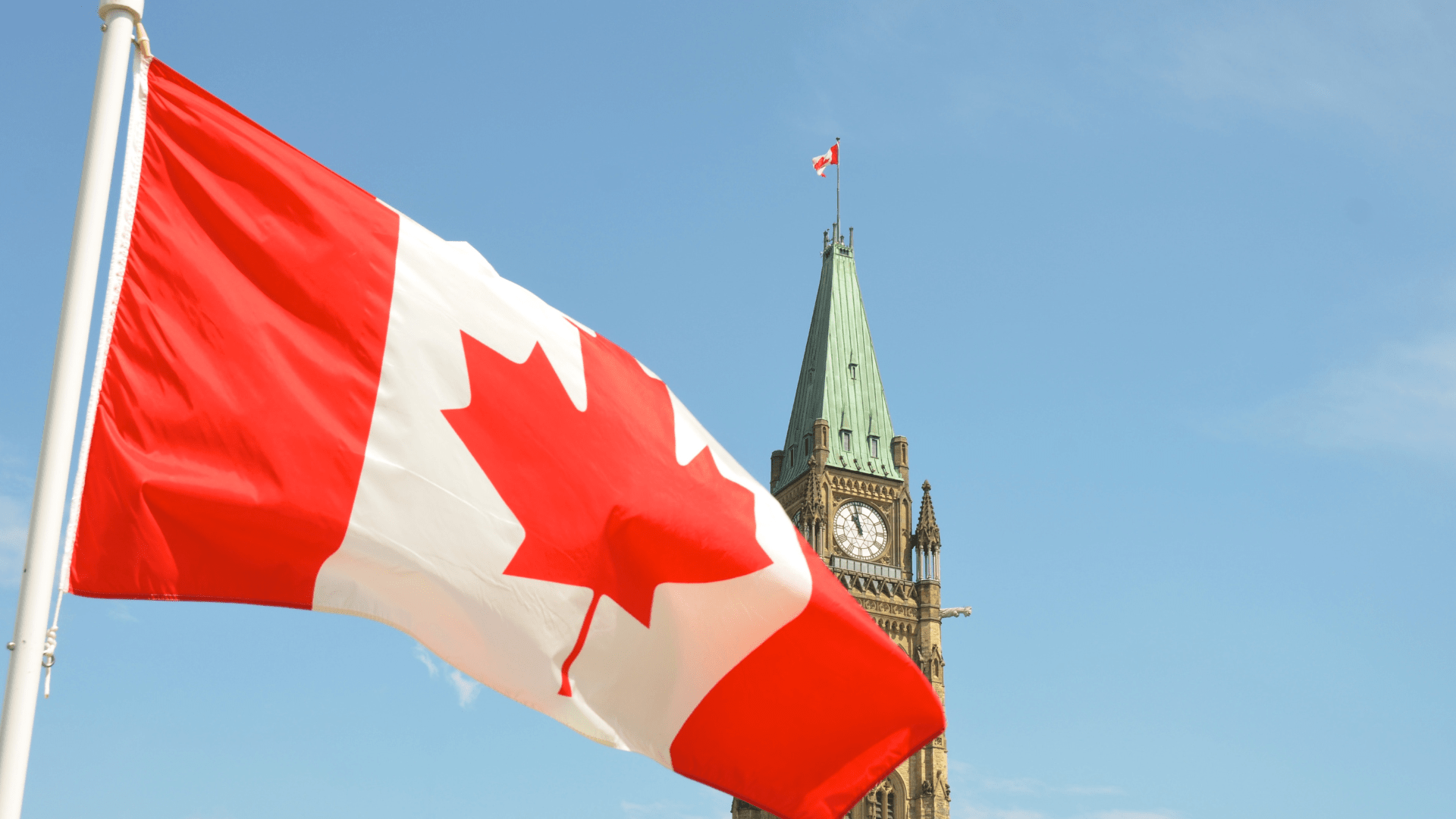After a months-long search, Marie-Josée Hogue, a Quebec Court of Appeal Justice, will lead the public inquiry into foreign election interference by China, Russia, and other foreign states. Hogue officially became the inquiry commissioner on Sept. 18. Despite this, some experts are raising concerns about the inquiry.
Dominic Le Blanc, the Minister of Public Safety and Intergovernmental Affairs, announced the details in an Ottawa press conference on Sept. 7. He said Hogue’s appointment has garnered “support” from all “recognized parties in the House of Commons.”
In addition, Le Blanc told reporters the inquiry will examine any “potential impacts” of foreign interference” on the 2019 and 2021 [federal] elections at the national and electoral district levels.” He added that “Justice Hogue will have full access to all relevant cabinet documents and information.”
Hogue is set to deliver an interim report on Feb. 29, 2024. December 2024 marks the currently set date for the final report. CBC News reports that Justice Hogue is “honoured” and looking forward to her position.
The new appointment comes after former Governor General David Johnston announced his resignation as a special rapporteur, citing a “highly partisan atmosphere” on June 9.
Thomas Klassen, a professor of public policy and administration at York, says a public inquiry creates danger for any party in power. “After all, it is likely that the inquiry will find that something could have been done better by those in government.”
As for Hogue’s election, Klassen thinks “by selecting a sitting judge to head the inquiry, the ruling Liberals ensure that the final report will be balanced and nuanced.”
The public inquiry involves different measures from David Johnston’s work. In an interview with Excalibur, Charles Burton, a senior fellow at the MacDonald Laurier Institute and non-resident senior fellow at the European Values Center for Security Policy, comments that Justice Hogue has the “subpoena power to compel witnesses to attend and to give evidence under oath.”
“If it is found that they have misled the commission or haven’t been forthcoming in their answers, they could be subject to prosecution and possible imprisonment. It gives her much more authority to compel people,” says Burton.
According to Klassen, public inquiries tend to be “lengthy” and “complex,” involving “thousands of documents” along with “dozens of witnesses.”
Opposition parties urged the Liberal government for a public inquiry. The Conservatives and Bloc Québécois accused Johnston of bias, referring to his Trudeau Foundation membership and his past family ski trips with the Trudeaus.
Johnston said he was friends with Pierre Trudeau and went on family ski trips when Justin Trudeau and his brothers were teenagers, but denied having a close relationship with the PM in the past 40 years.
In his report, Johnston stated he found intelligence communication shortcomings when processing information between security agencies and the government, but found no instances of those in office “negligently failing to act on intelligence.”
Johnston’s resignation letter ruled against a public inquiry. Instead, he “recommended public hearings to educate the public,” while suggesting legal and regulatory reforms. He also filed a confidential annex.
Klassen notes that some of Johnston’s confidential findings may become available in the public inquiry, but it depends on Cabinet: “Almost always, the report is made public in full, but in this case there might be some sections that could be redacted. We will wait and see.”
Between February and March of 2023, initial reports from The Globe and Mail and Global News contained leaked information from anonymous national security sources about how China — through different means — allegedly attempted to influence Canadian elections.
Burton also raises several concerns about the inquiry. He says the February deadline for an initial report is too short. Due to a lack of current documentation, he speculates if the treasury board will allocate enough resources for a thorough investigation:
“Will it be the same as David Johnston, who had a very small team of one primary assistant who had some modest support? Who can provide her with the tools that she needs to undertake a thorough investigation?”
Burton and other experts also see Hogue’s lack of national security experience as another potential concern. Justice Hogue’s decade-long litigation background pertains to civil, legal, and administrative law. Burton suggests Hogue can overcome such limitations by working with lawyers and experts with backgrounds in national security and foreign affairs.
When reporters probed Minister Le Blanc about Hogue’s lack of experience with national security matters, he replied that her credibility is evident through her Quebec Court of Appeal status and her high regard from senior jurists. He also emphasized that she would bring a “fresh set of eyes” to the issue.
When asked to discuss the pivotal questions that Canadians hope the inquiry will address, Burton lists several — the most fundamental being: who knew what, and when?
Burton identifies other concerns regarding the lack of government legislation and action, including: expelling other illegitimate Chinese diplomats; implementing “a foreign influence transparency registry” for positions of public trust, and preventing Chinese police from entering Canada under falsified visa applications.
Burton concludes that all these questions are complex, and require a “high degree of careful research to clarify.”
For now, Canadians will have to follow the inquiry to see if any findings reveal more information about the alleged foreign meddling.




